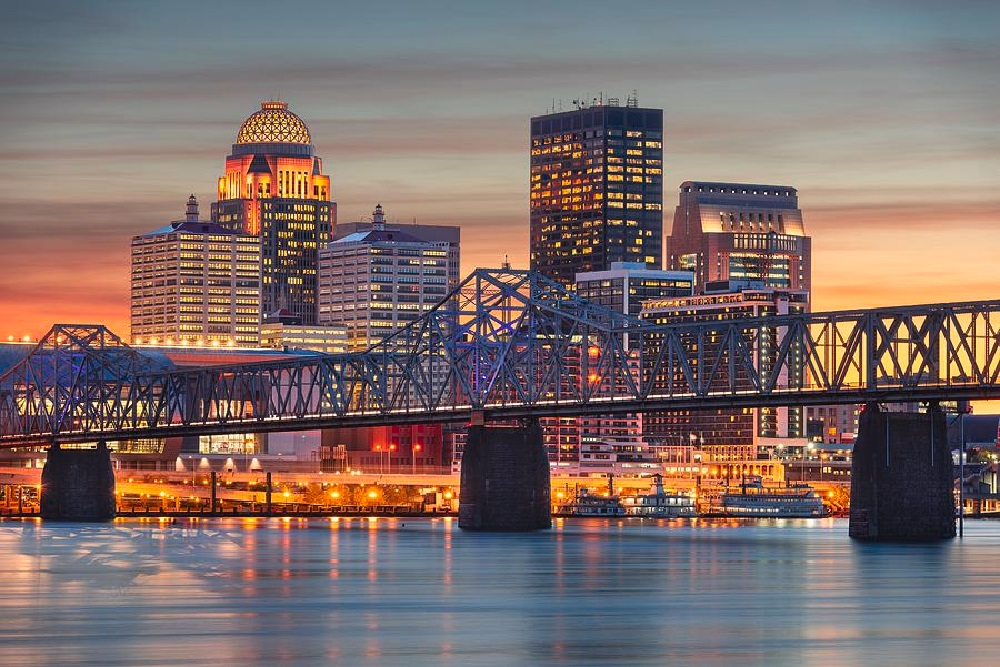Over the past several decades, Kentucky has witnessed steady demographic shifts, with its Arab and Muslim populations establishing a stronger presence in cities like Louisville, Lexington, Bowling Green, and Owensboro. While Kentucky is often associated with Appalachian culture, bourbon, and horse racing, the Arab and Muslim communities have quietly become part of the state’s social, cultural, and economic fabric.
Historical Roots and Immigration Waves
The earliest Arab immigrants to Kentucky arrived in the late 19th and early 20th centuries, primarily from Lebanon, Syria, and Palestine. Many began as small business owners, merchants, and tradespeople, building lives in a state that offered affordable living and space for community growth. More recent immigration waves—particularly after the 1990s—brought professionals, students, and refugees from Iraq, Somalia, and Sudan, adding diversity to the broader Muslim population.
Community Institutions and Religious Life
Louisville hosts several mosques, including the Islamic Center of Louisville, which functions not only as a religious hub but also as a cultural center offering Arabic language classes, interfaith dialogues, and youth programs. Bowling Green is home to one of Kentucky’s most vibrant Muslim communities, thanks to its sizable refugee population, especially from Iraq and Bosnia. Halal markets and restaurants have flourished in these cities, reflecting the demand for culturally authentic spaces.
Economic and Educational Contributions
Arab and Muslim Kentuckians have made significant strides in education, healthcare, and small business ownership. Many serve as physicians, engineers, professors, and entrepreneurs. In Louisville and Lexington, Arab-owned grocery stores, restaurants, and service businesses contribute to both the local economy and cultural visibility. At the same time, student groups at the University of Kentucky and the University of Louisville foster cross-cultural understanding while preparing a new generation of Arab and Muslim leaders.
Challenges and Representation
Like elsewhere in the U.S., the Arab and Muslim communities in Kentucky face challenges such as Islamophobia, stereotyping, and underrepresentation in political spaces. However, grassroots organizations and advocacy groups continue working to ensure that these communities have a stronger voice in civic and political life. Recent years have also seen an increase in Arab and Muslim candidates seeking leadership roles in city councils and educational boards.
A Growing Role in Kentucky’s Future
The Arab and Muslim populations in Kentucky are no longer small, isolated groups—they are active participants in shaping the state’s identity. From vibrant cultural festivals to contributions in medicine and education, these communities continue to enrich Kentucky while preserving their heritage and faith. As demographic trends indicate ongoing growth, Arab and Muslim Kentuckians are poised to play an even larger role in the state’s social and cultural future.

